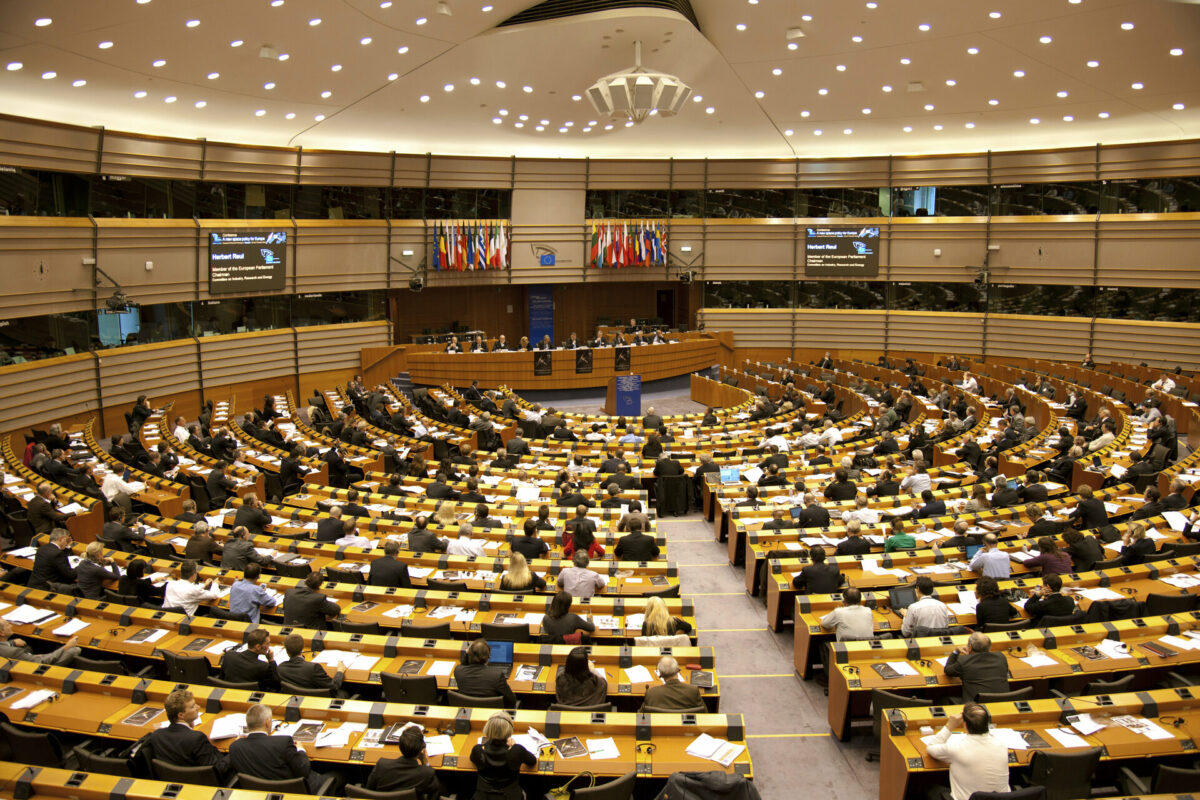In an open letter, around 50 EU Parliamentarians from different political parties have addressed HR/VP Josep Borrell concerning the serious human rights violations taking place in Saudi Arabia in respect to women’s rights defenders. This letter calls on the EEAS to uphold its human rights values, in particular in light of the EU Gender Strategy 2020-2025, and to push for gendered legislative reform.
Please find the PDF here.
The initiative was taken by two NGOs, The European Center for Democracy and Human Rights (ECDHR), active in the Gulf Area Region, and ALQST for Human Rights, specialised in human rights violations in Saudi Arabia, and was co-sponsored by two MEPs, Alessandra Moretti and Helmut Scholz.
In May 2018, the Saudi government started a harsh crackdown on women’s rights defenders that led to several waves of arrests. The women’s rights activists, who had for years been at the forefront of the fight for women’s rights, were rounded up, arrested, tortured, and portrayed in the official media as traitors and spies. Some have been temporarily released while still facing trial, but others, including Nassima al-Sadah and Samar Badawi, remain in detention.
Indeed, the highly publicised case of Loujain Al-Hathloul, which seemingly had a happy ending when she was released in February 2021, in reality was only a ploy to appease the international community. While she is no longer in detention, she is still not free, as her sentence imposed heavy restrictions including three years of probation and a five-year travel ban. This has been a stark reminder that despite the Saudi authorities’ best efforts at portraying a reformist image, the European Union should continue to hold the Saudi government accountable for its gross human rights violations.
ALQST’s Executive Director Alaa Al-Siddiq commented: “The support of so many EU parliamentarians of different parties for this letter sends a powerful message of solidarity, with Saudi women who continue to face systemic discrimination and with the brave women’s rights defenders who remain in detention or unable to live freely”.
ECDHR’s Executive Director Husain Abdulla stated: “We welcome the impressive support of EU parliamentarians for the cause of Saudi women’s rights defenders. We hope this letter sends a strong message to the Saudi Authorities that violations of international law will not be tolerated by the international community.”
For all Saudi women, the EU must continue to pressure the Saudi government for reforms. In particular, the EEAS should properly address the issues that Members of the European Parliament have underlined. In the concluding paragraph the Parliamentarians specifically outline four concrete actions that High Representative Borrell should pursue in order to address the violations described above, highlighting the need to establish human rights as a priority in all future conversations with their Saudi counterparts.

